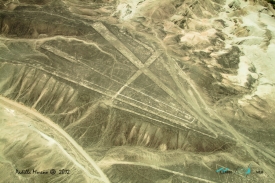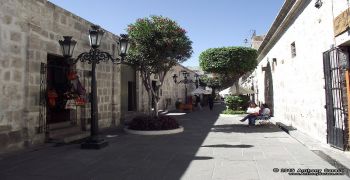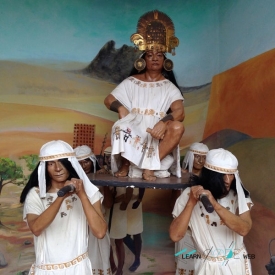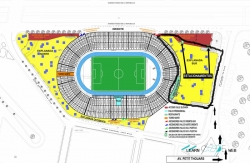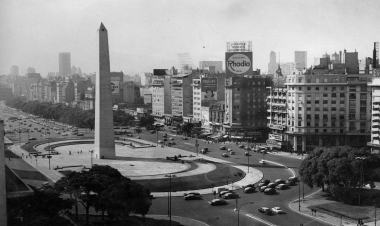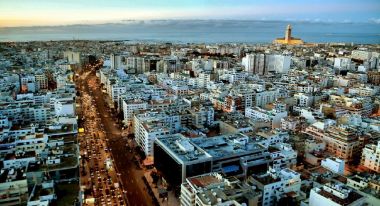ABOUT Knowth
Knowth (; Irish: Cnóbha) is a Neolithic passage grave and an ancient monument of the World Heritage Site of Brú na Bóinne located 8.4 km west of Drogheda in Ireland's valley of the River Boyne. It is the largest passage grave of the Brú na Bóinne complex. It consists of a large mound (known as Site 1) and 17 smaller satellite tombs. The mound is about 12 metres (40 ft) high and 67 metres (220 ft) in diameter, covering roughly a hectare. It contains two passages placed along an east-west line and is encircled by 127 kerbstones, of which three are missing, and four badly damaged.
The large mound has been estimated to date from c. 3200 BC. The passages are independent of each other, leading to separate burial chambers. The eastern passage arrives at a cruciform chamber, not unlike that found at Newgrange, which contains three recesses and basin stones into which the cremated remains of the dead were placed. The right-hand recess is larger and more elaborately decorated with megalithic art than the others, which is typical for Irish passage graves of this type. The western passage ends in an undifferentiated chamber, which is separated from the passage by a sill stone. The chamber seems to have also contained a basin stone which was later removed and is now located about two-thirds down the passageway.
The large mound has been estimated to date from c. 3200 BC. The passages are independent of each other, leading to separate burial chambers. The eastern passage arrives at a cruciform chamber, not unlike that found at Newgrange, which contains three recesses and basin stones into which the cremated remains of the dead were placed. The right-hand recess is larger and more elaborately decorated with megalithic art than the others, which is typical for Irish passage graves of this type. The western passage ends in an undifferentiated chamber, which is separated from the passage by a sill stone. The chamber seems to have also contained a basin stone which was later removed and is now located about two-thirds down the passageway.



